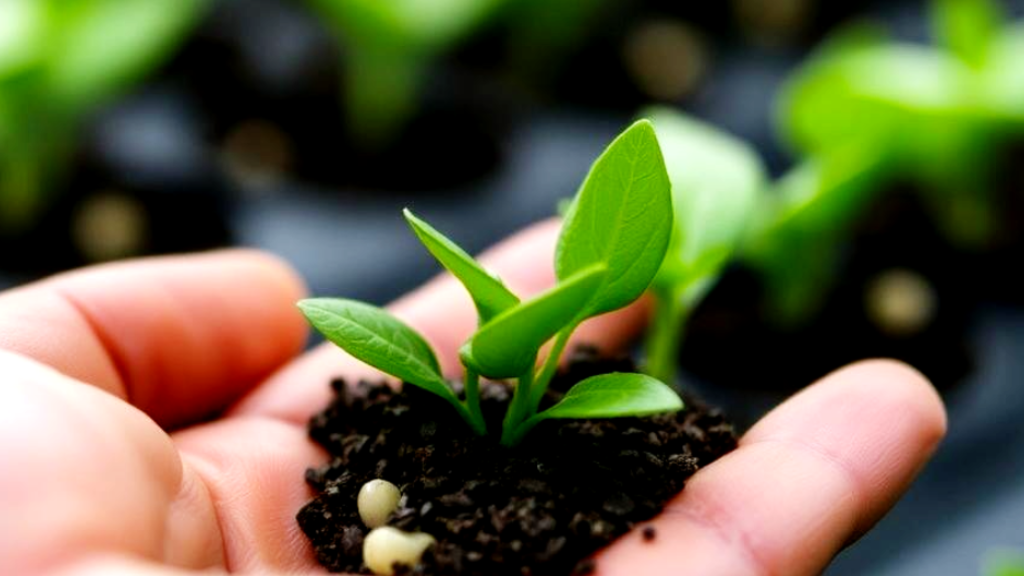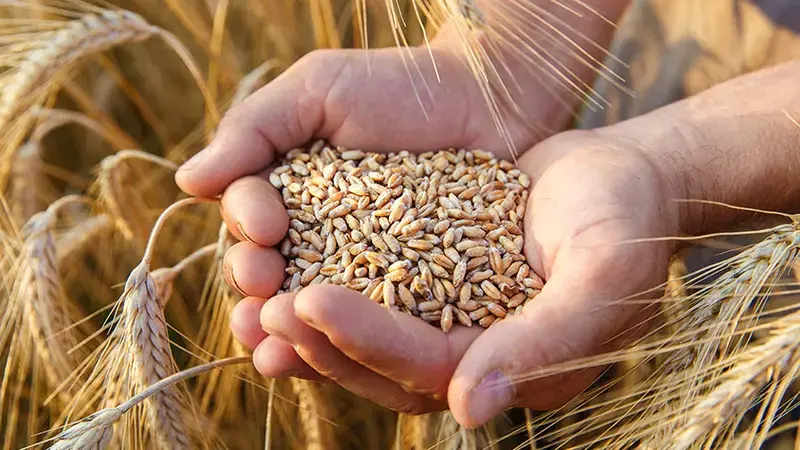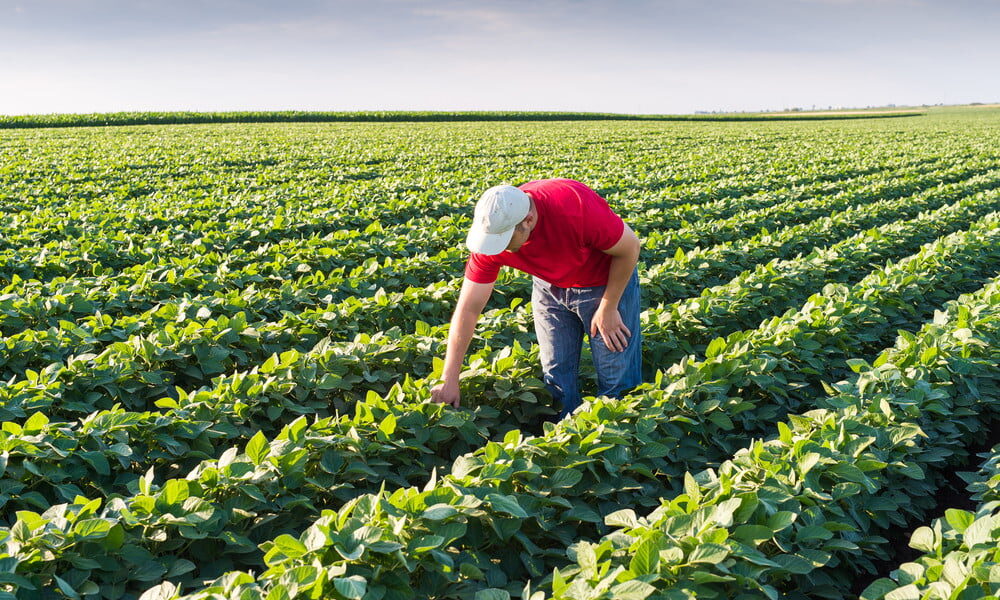
In modern agriculture, seed quality plays a critical role in determining crop yield, resilience, and profitability. Farmers today are increasingly turning to custom seed processing services and advanced technologies to ensure their seeds meet the highest standards of purity and performance. From genetic improvements to precision sorting, technology is transforming traditional practices into smarter, more efficient solutions. Better seeds mean better harvests – and advanced technology is making it possible.
Why Seed Quality Matters in Agriculture

Higher Yield Potential: Stronger Crops from the Start
The journey to a successful harvest begins with seed germination. Pure, healthy seeds are more likely to germinate quickly and consistently, ensuring that crops develop at the same pace. This uniformity makes field management easier and improves overall efficiency.
-
Stronger plants: Vigorous seeds grow into plants that can withstand environmental stress such as drought or extreme temperatures.
-
Better resource utilization: Healthy seeds make more effective use of water, fertilizers, and soil nutrients, resulting in greater crop output.
-
Long-term productivity: Farmers who use certified or processed seeds often see sustained yield improvements across multiple seasons.
By investing in high-quality seeds, farmers secure a reliable foundation for maximizing their harvest potential.
Resistance to Diseases: Reducing the Risk of Crop Loss
Crop diseases and pests are among the biggest threats to global food production. Poor-quality seeds are often more susceptible to infections, which can spread rapidly across entire fields and lead to significant financial losses.
-
Built-in resistance: Many high-quality seeds are bred with natural resistance to specific pests or diseases.
-
Reduced chemical dependence: Farmers can reduce the use of pesticides and fungicides when planting stronger, disease-resistant varieties.
-
Improved food security: By minimizing losses, healthy seeds contribute to more stable food supplies.
Advanced seed technologies such as seed treatments and coatings also provide an extra layer of protection against soil-borne pathogens, ensuring that the crop has a stronger start.
Market Value: Earning More with High-Quality Harvests
In today’s competitive agricultural market, buyers are increasingly selective about the quality of the produce they purchase. Crops grown from superior seeds not only yield more but also meet higher quality standards in terms of size, appearance, and nutritional value.
-
Premium pricing: Buyers and distributors are willing to pay more for consistent, uniform, and high-quality harvests.
-
Stronger reputation: Farmers who consistently deliver quality produce build long-term trust with buyers and markets.
-
Export opportunities: Many international markets only accept produce grown from certified or high-grade seeds, opening doors to wider trade.
Ultimately, high-quality seeds help farmers increase their profitability while positioning themselves as reliable suppliers in the agricultural chain.
Role of Advanced Technology in Seed Improvement

Precision Breeding and Genetic Tools
Traditional breeding methods often take years to achieve desired results, but with modern genetic tools like CRISPR gene editing and genetic mapping, scientists can now develop seed varieties with precision and speed.
-
Resilient traits: Genetic tools make it possible to enhance seeds with traits such as drought tolerance, pest resistance, and higher nutritional efficiency.
-
Climate-smart seeds: As weather patterns become unpredictable, genetic innovation ensures crops can adapt to diverse climates.
-
Faster development cycles: Instead of decades, researchers can now bring improved varieties to farmers in a fraction of the time.
This revolution in breeding allows farmers to plant seeds that are stronger, more reliable, and tailored to their local growing conditions.
Seed Processing and Purification Technology
After harvesting, seeds must undergo rigorous cleaning and sorting before reaching the farmer. Modern seed processing technologies guarantee consistency and purity, ensuring only the best seeds make it to the field.
-
Advanced cleaning systems: Remove dust, stones, and foreign material that reduce seed quality.
-
Optical sorters and sensors: Detect and separate seeds based on size, shape, and even internal defects invisible to the naked eye.
-
Uniform grading: Provides farmers with evenly sized seeds that germinate at the same rate, resulting in uniform crop stands.
By adopting modern seed processing equipment, producers can deliver reliable seed lots that meet strict quality standards.
Biotechnology and Seed Treatments
Seeds face multiple challenges during germination, from soil-borne diseases to nutrient deficiencies. Biotechnology has introduced innovative treatments that give seeds an extra boost at the earliest stages of growth.
-
Biological coatings: Seeds are coated with beneficial microbes that improve soil interaction and promote healthy root development.
-
Nutrient enrichment: Micro-nutrients and protective agents are added to help seeds germinate faster and grow stronger.
-
Pest and disease protection: Treated seeds have built-in shields that reduce vulnerability to insects, fungi, and pathogens.
These technologies minimize crop losses and reduce the farmer’s reliance on chemical pesticides, contributing to more sustainable agriculture.
Digital Monitoring and Data Analytics
The integration of digital tools in agriculture is transforming how seeds are monitored, tested, and distributed. Farmers and seed producers are using smart sensors and AI-driven analytics to predict and optimize seed performance.
-
Performance forecasting: Sensors track soil moisture, temperature, and germination rates to predict success before planting.
-
AI-based insights: Data analytics help identify the best seed varieties for specific regions and conditions.
-
Blockchain for traceability: Digital records create transparency in the seed supply chain, assuring farmers of seed authenticity.
This digital layer of innovation ensures that every seed used is not only high quality but also the right match for local farming conditions.
Smart Storage and Packaging Innovations
Even the highest-quality seeds lose their value if they aren’t stored correctly. Technology-driven storage and packaging solutions are extending seed life and preserving viability until they reach the farm.
-
Controlled environments: Temperature and humidity-controlled storage facilities prevent deterioration and maintain germination capacity.
-
Vacuum-sealed and eco-friendly packaging: Protects seeds from moisture, pests, and contamination while also being environmentally sustainable.
-
Longer shelf life: Ensures farmers can store seeds without worrying about reduced performance in the next planting season.
These innovations guarantee that seeds remain strong and viable, no matter how far they travel or how long they are stored.
Benefits for Farmers and the Agriculture Sector

Reliable Germination Rates and Uniform Crop Stands
One of the biggest challenges farmers face is uneven germination, which leads to inconsistent crop stands and wasted resources. Advanced seed technologies ensure that seeds germinate at predictable rates, creating uniform growth across the field.
-
Consistent performance: Farmers can plan their field management with confidence, knowing that crops will mature evenly.
-
Efficient resource use: Uniform crop stands allow for optimized irrigation, fertilization, and harvesting.
-
Better yields: Healthy, consistent germination directly translates into higher overall output.
Reliable germination eliminates uncertainty, making farming less risky and more efficient.
Reduced Dependency on Chemical Interventions
Traditionally, farmers relied heavily on chemical pesticides and fertilizers to protect crops and boost growth. With stronger and more resilient seeds, that dependency decreases.
-
Built-in resistance: Seeds bred for pest and disease resistance minimize the need for chemical sprays.
-
Seed coatings and treatments: Provide protection during the critical early stages of growth, reducing chemical applications later.
-
Environmental benefits: Lower chemical use means healthier soil, cleaner water, and safer food for consumers.
This shift not only reduces costs for farmers but also supports eco-friendly agricultural practices.
Increased Profitability and Sustainable Farming Practices
At the end of the day, farmers measure success by profitability. Advanced seed technologies directly contribute to higher earnings while encouraging long-term sustainability.
-
Higher market value: Quality seeds produce crops that meet premium market standards.
-
Lower production costs: Reduced chemical inputs and improved efficiency mean better margins.
-
Long-term resilience: Climate-smart seed varieties allow farmers to adapt to changing weather patterns, securing future harvests.
-
Sustainability: By combining profitability with reduced environmental impact, farmers build stronger and more sustainable businesses.
When farmers thrive, the agricultural sector as a whole becomes more resilient, creating food security and economic stability.
Conclusion
Advanced technology has revolutionized the way seeds are developed, processed, and delivered, ensuring unmatched purity, strength, and performance. From precision breeding to biotechnology, digital monitoring, and smart storage, these innovations are reshaping agriculture by giving farmers reliable, resilient, and high-value seeds. To secure the future of farming, it is essential for farmers, agribusinesses, and stakeholders to embrace these modern solutions. By adopting innovative practices and investing in high-quality seeds, they not only improve yields but also contribute to sustainable and climate-resilient agriculture.
FAQs
1. Why is seed quality important for farmers?
Seed quality determines how well crops germinate, grow, and yield. High-quality seeds ensure uniform growth, better resistance to diseases, and higher productivity, directly impacting a farmer’s income.
2. How does technology improve crop seed quality?
Technology improves seed quality through precision breeding, genetic mapping, advanced seed processing, and digital monitoring. These innovations create seeds that are more resilient, pure, and reliable for farmers.
3. What are the benefits of using treated or processed seeds?
Processed seeds are cleaned, graded, and sometimes coated with nutrients or protective agents. This leads to faster germination, stronger seedlings, reduced pest risk, and higher overall yields.
4. What are climate-resilient seeds and why are they important?
Climate-resilient seeds are varieties developed to withstand extreme weather conditions such as drought, floods, and heat. They help ensure stable food production and protect farmers from unpredictable climate challenges.
5. How can farmers access high-quality seeds?
Farmers can access quality seeds through certified suppliers, agricultural cooperatives, and companies offering custom seed processing services. Choosing trusted sources ensures purity, performance, and long-term productivity.





